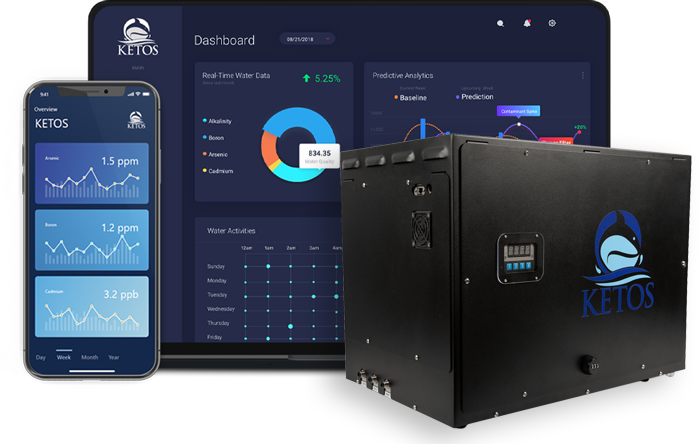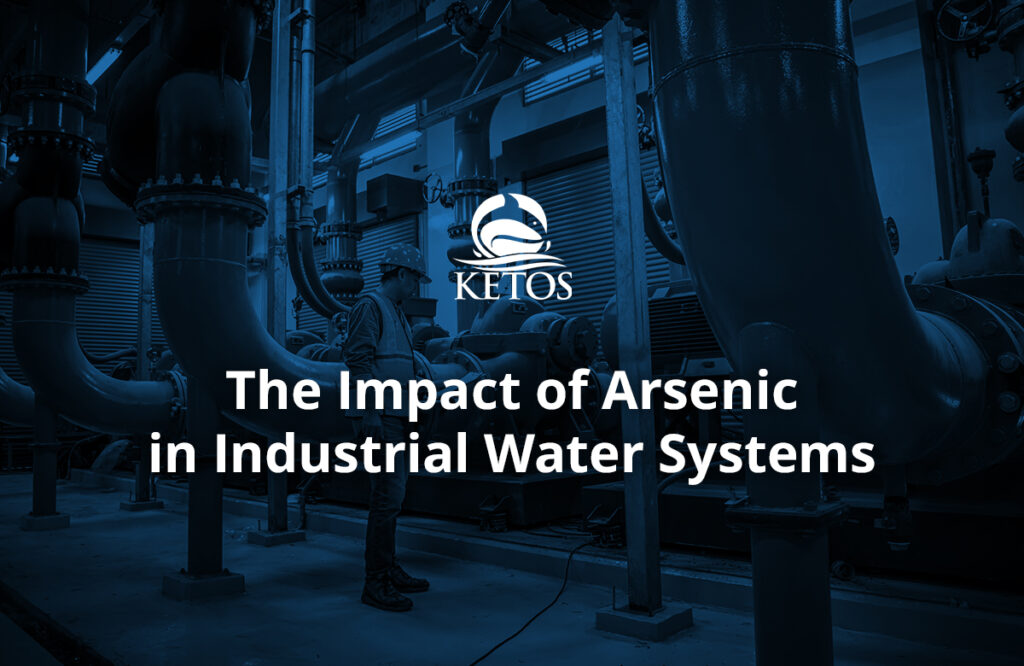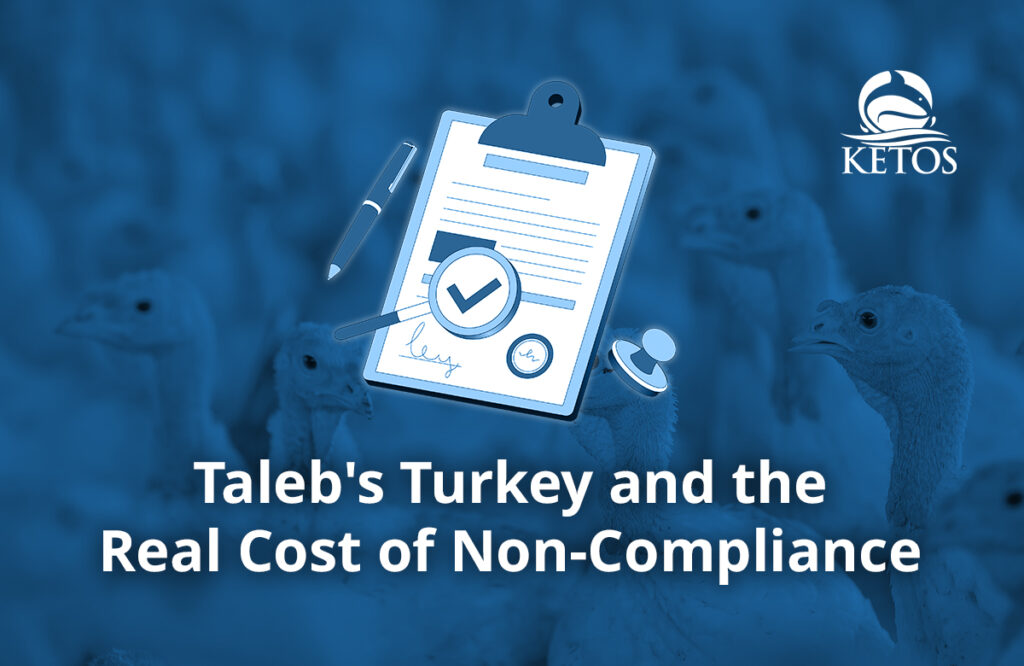More than ever, farmers are being called upon to monitor and manage their water quantity and quality. These two factors alone can impact crop yields and production on a global scale. With the rise of the Internet of Things (IoT), agriculture and water management have been transformed. From flow monitoring, to surface water quality, to farm wastewater monitoring, to groundwater level and quality monitoring, technology has revolutionized the growth of water monitoring applications in agriculture.
What Is Agricultural Water Management?
Agricultural water management includes all aspects of irrigation and drainage engineering, soil and water conservation, and watershed management. For centuries, farmers have been making use of irrigation as an effective water management system. However, improper irrigation management by ranchers and farmers can cause water pollution, soil erosion, and other associated problems. This is why water quality testing is so important within the agricultural industry.
The Importance Of Water Quality Testing To Guarantee Crop Yields
High-quality irrigation water is essential for abundant crop yields, improved crop health, and the cultivation of good-quality soil. A savvy farmer will know that water quality testing is necessary to ensure that all irrigation systems are functioning properly. Anything less risks destroying soil health or stalling crop production.
Here are some of the major parameters to test for when monitoring water quality:
- pH levels: The pH levels in the irrigation system determine the water’s acidity and alkalinity properties. Usually, soil nutrients remain intact when the pH is within the range of 5.5-6.5.
- Salinity: Water salinity refers to the concentration of salts in irrigation and soil. Disproportionate salt content in the water and soil can adversely affect crop yields, contaminate soil quality, and pollute the water tables.
- Alkalinity: A higher pH value in water turns into alkaline. An increased alkalinity of the water can affect the availability of nutrients and mineral solubility in the soil, decreasing crop production.
- Water temperature: Lower water temperature can reduce soil warmth. This decelerates seed germination and inhibits early plant development. Similarly, when the water temperature is too high, it can negatively affect the nutritional value of plants.
Agricultural water management helps ensure the reduction of adverse environmental effects and accelerates crop productivity. That is why water quality testing is so important. Recent advances in smart technologies have made agriculture and water management much easier for farmers, who are taking advantage of these new platforms to improve product quality and optimize farmer labor.
Smart Agriculture And Water Management
Smart water management is the improvement of water management that incorporates a range of hardware and software – like water sensing sensors, water monitors, meters, analytic tools, and data storage – to monitor, control, and regulate water quality and water flow. These IoT devices can detect, measure, and sense problems, as well as propose solutions based on real-time data. IoT devices available for use in agriculture and water management include:
- Hardware: water sensing sensors that remotely monitor water flow, water temperature, and other parameters related to water quality testing.
- Software: advanced software platforms that connect remote sensors to the farm’s IoT platform.
- Big data analytics – AI-powered machine learning that can analyze (and store) vast amounts of data, to detect problems and suggest solutions in real-time.
What Are The Benefits Of Smart Water Management?
Smart water management systems can help farmers implement continuous water quality testing schedules while monitoring water flow and other parameters that could lead to problems down the road. Using this advanced technology reduces equipment damage and downtime, helping farmers save both money and time. Using smart technologies within agriculture and water management will allow farmers to achieve the following goals:
- Reduce water waste in agriculture during irrigation. This involves high-tech practices such as precision farming, smart irrigation, crop water management, real-time water metering, and water quality testing.
- Improve water quality by preventing contamination from chemical waste and natural pollution like acidification. Farmers use water sensing sensors and water monitors for real-time monitoring and control that improves and maintains water quality.
- Improve the efficiency of water systems such as water collectors, treatment plants, distribution mains, and wastewater recycling facilities. Farmers frequently use IoT and data solutions for asset management and retain vital measures such as water pressure, temperature, water flow, etc.
Using smart water monitors improves crop yield and production. Water is a critical natural resource for agricultural production, but in many areas of the world, freshwater supplies are limited. This rapid depletion of resources affects irrigation water quality, making IoT technologies that collect and transmit data to a centralized database or cloud an important tool for farmers. These water-sensing sensors allow farmers to remotely monitor water supplies, access the stored data to identify variations in water quality parameters, and make decisions in real-time to mitigate crop damage – all while they are off-site. This remote technology can help them take quick action, preventing damage to their crop yields and ensuring a healthy ROI for their work.
Making The Connection Between Agriculture And Water Management
A healthy water supply is necessary to ensure high-quality soil, which in turn will ensure high crop yields and nutritious plants for consumers. Without proper and sustainable water management, this precious resource can become polluted or – even worse – depleted, leading to crop failures. Ensuring proper water management within the agricultural sector guarantees water security for all users across multiple sectors and allows the agricultural industry to flourish.










